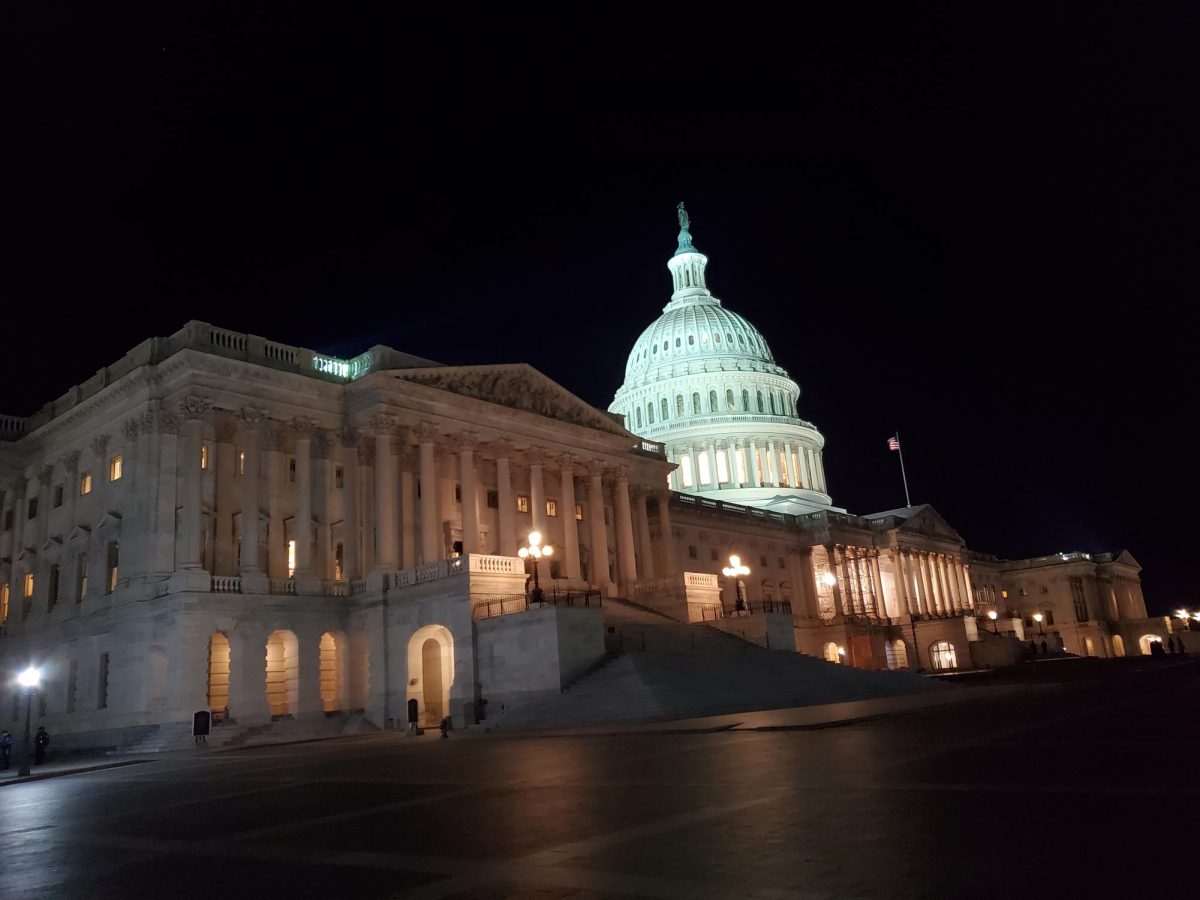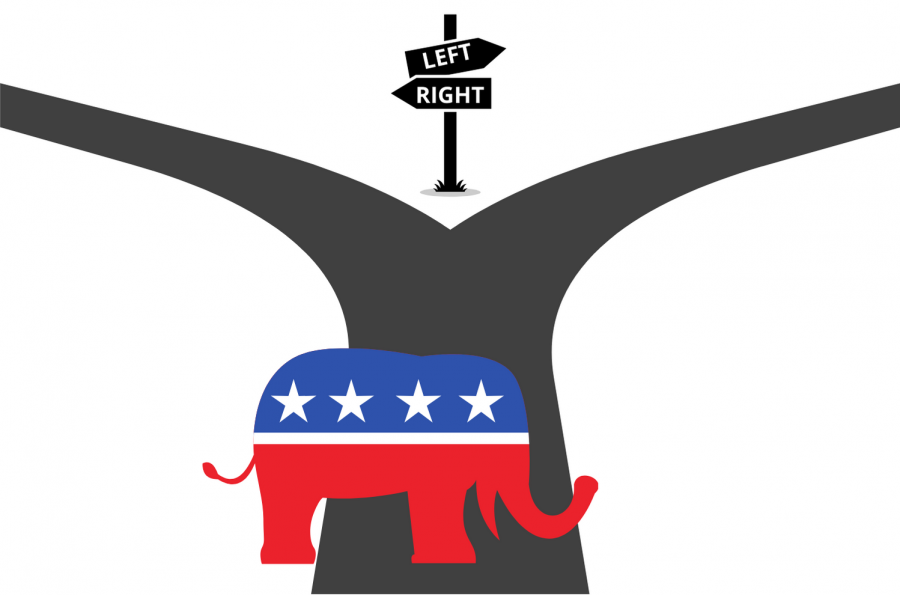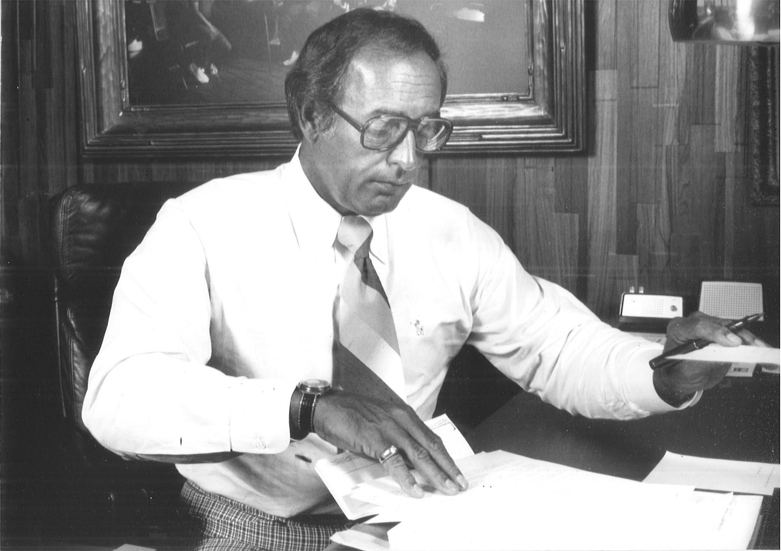Election season is finally over, and many breathe a sigh of relief as the onslaught of political ads finally dies down. One voter wryly commented that with Obama was still in office, Republicans still in the House, and Democrats still in the Senate, essentially nothing has changed since last Monday.
But for those who have been paying attention to legislation of same-sex unions, we are a whole world away from the Monday before the election. While same-sex unions have already been legalized in six states and the District of Columbia prior to the election, Tuesday was the first time that it has been legalized in states due to popular votes. Namely, the residents of Maryland, Maine and Washington voted to pass same-sex union legislation. Minnesota rejected a proposal defining marriage as a heterosexual union only, but for the time same-sex marriage has not been formally legalized.
Brian Ellner, head of the pro-gay marriage group, The Four, claimed that in this election “We made history and sent a powerful message that we have truly reached a tipping point on gay and lesbian civil rights in this country.”
In Washington and Maryland, legislators had already passed laws allowing same-sex marriage, and due to pressure from opponents, it was put to the ballot for residents to decide. Maine, on the other hand, had only rejected a similar referendum in 2009.
The votes were close in all three states. In Maryland it passed with only 51.9 percent. The proposal there read that “civil marriage laws allow gay and lesbian couples to obtain a civil marriage license,” while in Maine it treated the words man and woman “relating to the marital relationship or familial relationships” as “gender-neutral for all purposes.”
Analysts point to various factors for the change of view in these states, and great credit is attributed to their campaign methods. Instead of relying on political ads and rallies, many groups chose to confront voters directly. Mainers United for Marriage, a group advocating same-sex marriage, has been knocking on doors and picking up phones for the past three years, engaging some 250,000 residents in discussions on the issues, speaking with some for up to 20 minutes at a time. Others report changing their minds after discussing the issues with family members or friends.
The proposals in the three states were also worded to soften the blow, with Maine clearly stating that no member of any religious group would be required to perform marriages against their religion.
There are naturally many who are not quite as elated at the changes. “Such a radical change in the definition of marriage will produce a host of societal conflicts that the government – exercising its enormous enforcement powers — will have to resolve,” fears the Maryland Marriage Alliance.
Frank Schubert, a California campaign consultant who headed the traditional marriage campaigns in all four states, points out that all the states are traditionally Democratic, and that their perceived victory has little bearing on the rest of the country.
“The American people continue to view marriage as a union between one man and one woman,” he told reporters. “There’s nothing about last night that changes that.”
The Vatican also responded to the shifting trends regarding same-sex unions. Not only did some Americans vote for it, but the French cabinet has also recently put forth a controversial bill which, if passed, would allow marriage and adoption by same-sex couples.
“It is clear that in Western countries there is a widespread tendency to modify the classic vision of marriage between a man and woman,” Father Federico Lombardi said, speaking on the Vatican Radio, “or rather to try to give it up, erasing its specific and privileged legal recognition compared to other forms of union.”







